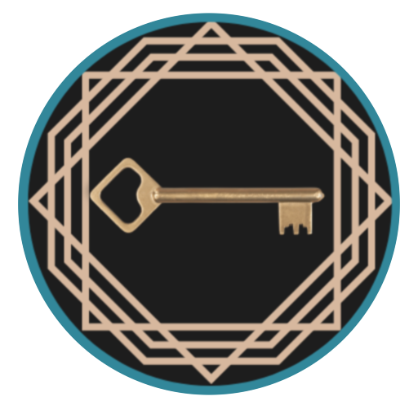Certain homebuyers might be surprised to find out from their real estate agents that they are qualified for down payment assistance. Depending on where you live, different programs are likely to have different requirements and qualifications. You might find that your dream home is closer to your reach than you thought.
In this article, we have compiled advice and information from real estate agents and other experts in the industry to help you navigate and understand these programs, so you can make better and more informed decisions about your home-buying endeavor.
What Program Administrators Take Into Account
Lenders, program administrators, and financial institutions generally use similar metrics for eligibility. You might have guessed at quite a few of them already, but here they are nevertheless.
1. Income
Such programs are likely available to people with lower income—at around 80% of the local median income. Some programs might be more flexible, allowing for income up to 120% of local median income.
2. Creditworthiness
The minimum credit score for such programs ranges from 620 and higher. Some may have minimums as high as 660 to 680, but these might have better options and rates.
3. Debt-to-income ratio
Your program of choice might have restrictions on the buyers’ debt-to-income ratio (DTI). The DTI is the percentage of monthly debt payments expressed as a percentage of monthly income. The typical minimum for institutions that restrict the DTI is about 43%, which is what a typical mortgage lender would require as well.
4. Property price
Home down payment assistance programs are generally strict about limiting the price of the property you can buy. They are likely to set the price for the program around the median price of homes in the area, if not a little bit more.
5. Prior homeownership
Many of these programs are limited to first-time homebuyers, but this term is sometimes defined loosely by administrators. If some years have passed since you last owned a home you may be able to regain first-time buyer status.
6. Occupancy
The agreement you make with the institutions offering these programs will likely require that you live in the home for a few years. Financing might also be available for small multi-family properties of up to four units or families, if only if you will be occupying one of the housing units.
7. Education
First-time buyers are sometimes required to take homebuyer education courses. It is to help new buyers discover other options they might be qualified for as well.
8. The time of year
There is a bit of seasonality when it comes to these programs. They tend to be more readily available and easier to obtain in the fall (the start of the fiscal year) than in the spring and summer. It might be advantageous to time your endeavor to purchase a home around this time.
9. The pandemic
This is a consideration that is more the homebuyer’s than it is for the program administrators. You might be concerned about the status of these programs given the current situation, but fear not. These programs are running as normal, except that your homebuyer education might be held in a virtual classroom.
Final thoughts
If you have a lower income and a lower credit score, do not fret. There are plenty of down payment assistance programs that might be available to you. Just make sure to consult your local real estate agent about your options. By a certain point in the future, you might just be living in your dream home.
If you’re looking for a real estate agent in Genesee County, MI, send us at Smith Street homes a message. Your home is just a few steps away if you work with us.

